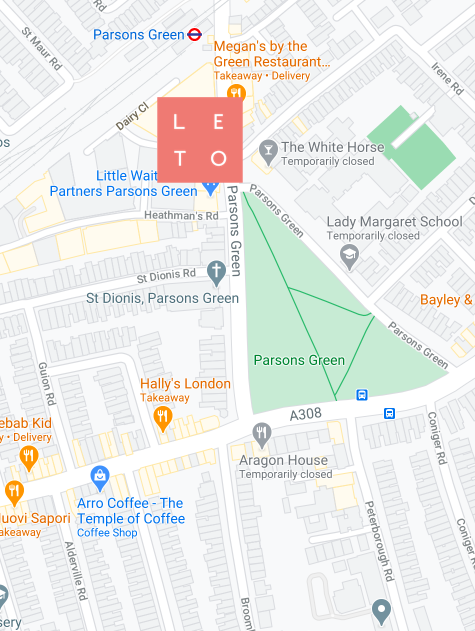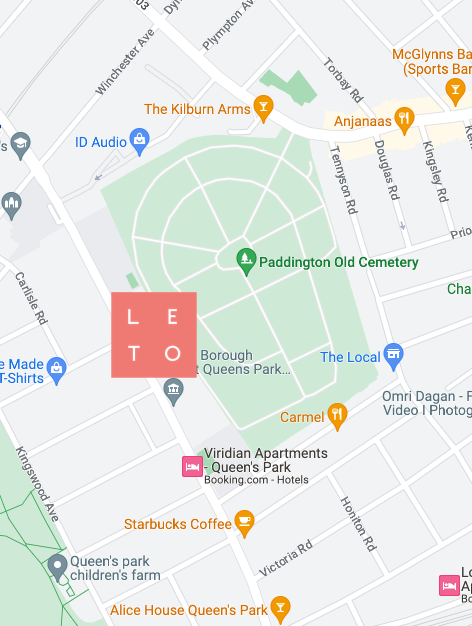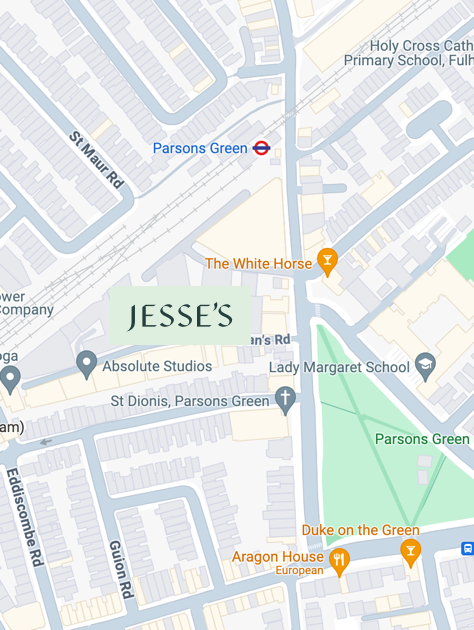
Close
Enquiry
Please see contact information below or complete the form and we will get in touch with you.

Parsons Green
3rd Floor Brigade House
8 Parsons Green
London
SW6 4TN

Queen's Park
2nd Floor
105-109 Salusbury Road
London
NW6 6RG

Jesse's House
8-10 Heathmans Road
Parsons Green
London
SW6 4TJ
Pelvic Organ Prolapse & Symptoms Of Vaginal Ageing
Pelvic organ prolapse (POP) affects 1 in 3 women, causing one or more pelvic organs (bladder, bowel, uterus) to descend into the vagina. This can result in discomfort, heaviness, or a sensation of bulging.
What We Treat: Pelvic Organ Prolpase (POP) and Symptoms of Vaginal Aging
Additionally, many women experience vaginal ageing or genitourinary syndrome of menopause (GSM), resulting in symptoms like vaginal dryness, burning, and painful intercourse.
Pelvic organ prolapse (POP) is caused by weakened pelvic floor muscles that support the pelvic organs. Common symptoms include:
- heaviness or dragging sensation in the pelvic region
- vaginal bulging or lump felt at the vaginal opening
- difficulty emptying the bladder or bowel
- recurrent urinary tract infections (UTIs)
- sexual pain or discomfort
- lower back pain
Genitourinary Syndrome of Menopause (GSM): Due to reduced estrogen levels post-menopause, GSM causes:
- vaginal dryness and irritation
- painful intercourse
- frequent UTIs
- burning sensations during urination

How Physiotherapy Can Help with POP & Vaginal Ageing
Pelvic health physiotherapists are key in managing pelvic organ prolapse and vaginal atrophy symptoms. Our tailored treatments may include:
- Pelvic Floor Assessment: using real-time ultrasound to assess pelvic floor muscles and prolapse severity
- Pelvic Floor Muscle Training (PFMT): strengthen the pelvic floor to manage prolapse symptoms
- Bladder & Bowel Retraining: improve bladder and bowel function to reduce UTIs and incontinence
- Sexual Health Advice & Exercises: alleviate discomfort during intercourse and improve intimacy
- Vaginal Pessary Use: a non-invasive option to support prolapsed organs
We offer a holistic approach, including lifestyle recommendations and post-surgery rehabilitation when necessary.
assess > restore > transform
Diastasis Recti Abdominis (DRA)Enquiry
Please see contact information below or complete the form and we will get in touch with you.

